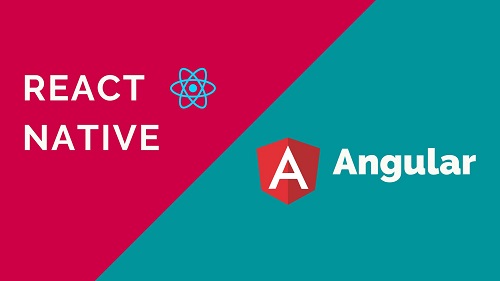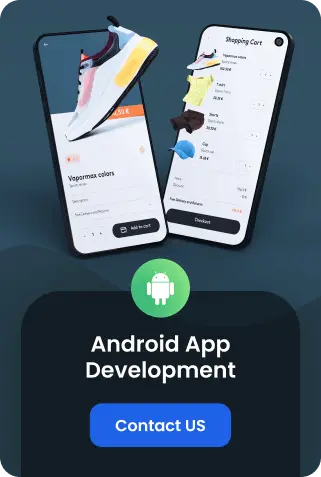React Native and Angular are popular framework choices when it comes to mobile app development, yet choosing between them may prove daunting. Both offer powerful solutions tailored specifically for individual needs and preferences – this comparison should shed some light on which will work better for you!
Before diving deeper, let us set the scene: React Native is a framework designed for creating native mobile applications using React, while Angular provides a complete JavaScript framework designed to build web and mobile apps. Both serve different functions; sometimes choosing between them may not be so straightforward.
React Native: The Hybrid Marvel
React Native has quickly gained in popularity among developers thanks to its ability to rapidly build cross-platform mobile applications from one codebase. This makes React Native an excellent solution if you want to save development time and resources while creating native-like user experiences on both iOS and Android platforms.
React Native has many advantages:
Efficiency: By sharing code between platforms, React Native allows developers to save both time and effort during development – speeding up production time while decreasing development costs.
Performance: React Native offers impressive performance by rendering components as native widgets for an optimal user experience.
Community Support: Eclipse offers an active community and vast ecosystem of libraries and plugins which are readily integrated into projects.
Hot Reloading: Developers love being able to see changes they make immediately without having to recompile an entire app.
Facebook Backing: React Native is supported and maintained by Facebook to remain up-to-date and current.
Cons of React Native:
Native Modules: If your app requires accessing device-specific features or third-party libraries, native modules could be required.
Learning Curve: React Native may rely heavily on JavaScript and React technologies; however, for developers unfamiliar with these tools there may still be an initial learning curve associated with React Native.
An Exhaustive Framework For An An Angular Development.
On the other hand, Google’s Angular is an advanced JavaScript framework developed specifically for web application development that is popular for building dynamic and responsive web apps – it also can be used for building mobile applications! If you already know Angular well or require something more comprehensive Angular may be your ideal choice.
Pros of Angular:
Full stack development: Incorporating all aspects of development – web and mobile app creation. Perfect for large-scale apps!
TypeScript: Angular uses TypeScript, a statically typed superset of JavaScript that helps detect errors at compile-time to provide robust code.
An Effective CLI: Angular’s Command Line Interface (CLI) simplifies project setup, code generation and deployment.
Two-Way Data Binding: Angular’s two-way data binding makes synchronizing data easier between view and model.
Strong Community: Angular also boasts a flourishing ecosystem of multiple third-party libraries and extensions that enhance its functionality.
Cons of Angular:
Complexity: The extensive nature of Angular can make it daunting for beginners and may appear overly complex for smaller projects.
Performance: While Angular excels at web applications, creating mobile apps with it requires additional resources and planning.
Learning Curve: Acquiring knowledge in Angular with TypeScript may require more time compared to other frameworks.
Conclusion:
React Native and Angular are ultimately determined by your project requirements, team expertise and long-term goals. React Native is ideal if you require lightweight but efficient mobile app development services; for comprehensive mobile framework coverage Angular may be preferable.
Partnership with an expert React Native app development company can ensure an effortless development experience and produce high-quality mobile apps tailored specifically for your project needs. They specialize in using React Native’s capabilities for app creation while fulfilling business requirements efficiently and successfully.
Remember there’s no single right answer when it comes to app development – but with knowledge and expertise on your side, making an informed decision and setting off on an incredible mobile development journey could prove immensely successful, whether React Native or Angular is your path of choice.






